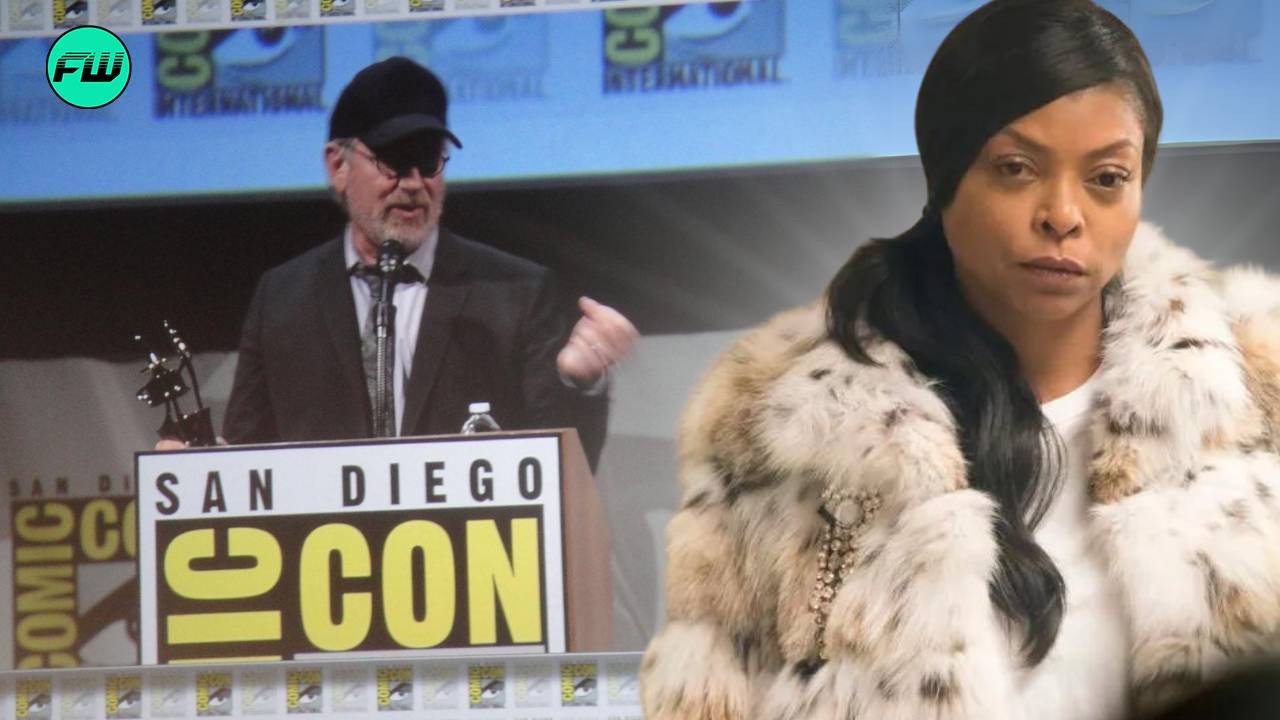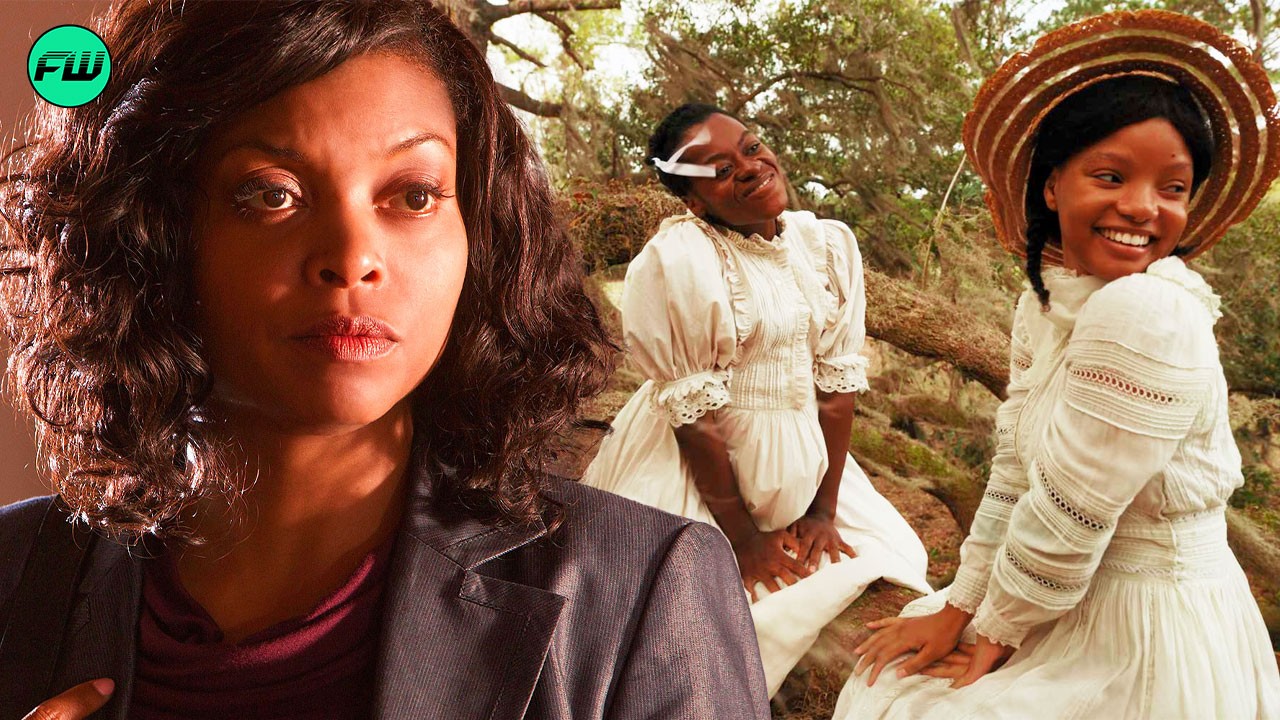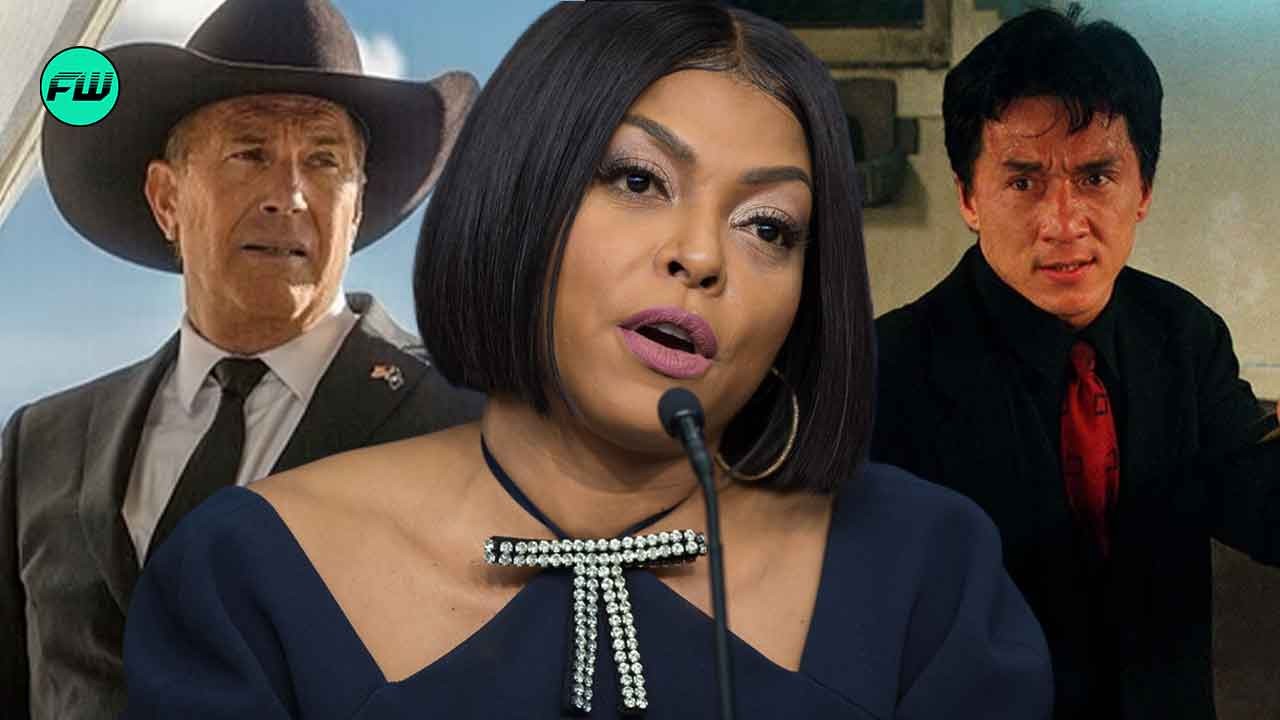Taraji P. Henson has been one of the most vocal actresses in Hollywood at the moment. The Hidden Figures star gained recognition for her role in Hustle & Flow, and David Fincher’s The Curious Case of Benjamin Button, for which she earned an Oscar nomination for Best Supporting Actress. She has since starred in a number of films such as The Karate Kid.
Henson recently opened up about many of the issues she faced while filming the musical adaptation of The Color Purple. The novel by Alice Walker was first adapted by Steven Spielberg, which has since gained many criticisms for its portrayal of Black people. Henson called him out for one element in the film, which the filmmaker has admitted to in the past.
Taraji P. Henson Called Out Steven Spielberg For Mishandling The Color Purple
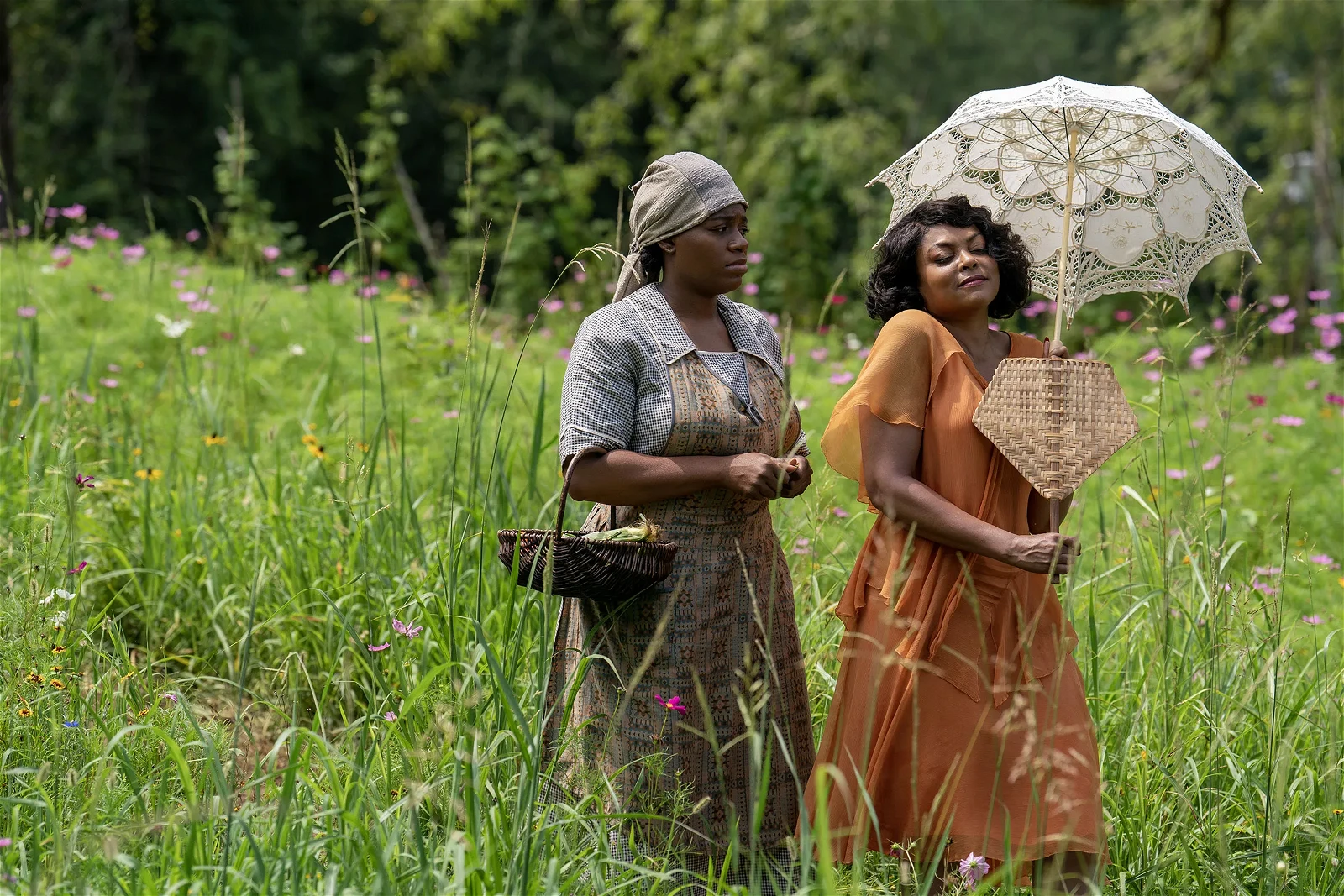
Steven Spielberg has helmed multiple films in the dramatic category that have brought him many laurels and awards. While he hit his peak with Schindler’s List and Saving Private Ryan, the filmmaker tried his hand at drama back in 1985 by adapting Alice Walker’s Pulitzer Prize-winning novel The Color Purple. The film received 11 Oscar nominations without a win.
At the time of release, Spielberg was criticized by many in the NAACP (National Association for the Advancement of Colored People) for negatively portraying Black stereotypes. The filmmaker was especially criticized for watering down Walker’s intense novel and for depicting negative stereotypes of Black males.
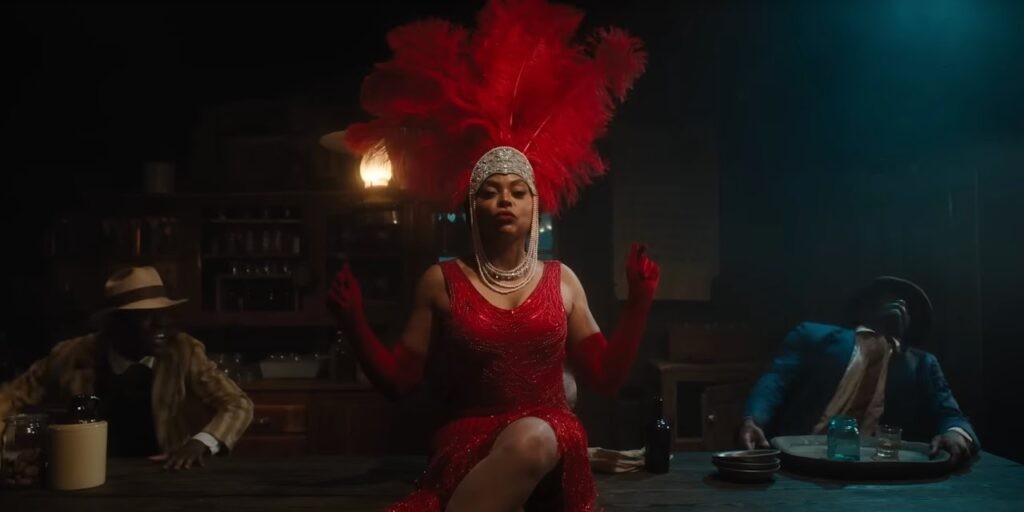
Taraji P. Henson, who starred in last year’s musical adaptation of the novel, called out the Jurassic Park filmmaker for not showing the hope and optimism that Black people feel despite going through severe trauma. She mentioned to The Hollywood Reporter,
The first movie missed culturally. We don’t wallow in the muck. We don’t stay stuck in our traumas. We laugh, we sing, we go to church, we dance, we celebrate, we fight for joy, we find joy, we keep it. That’s all we have.
Henson also mentioned how Black people often turn to music, spirituality, and dance to come out of the trauma and how the oppression only leads them to indulge in these activities more to “celebrate life”.
Steven Spielberg Owned Up To Watering Down Alice Walker’s Legendary Novel
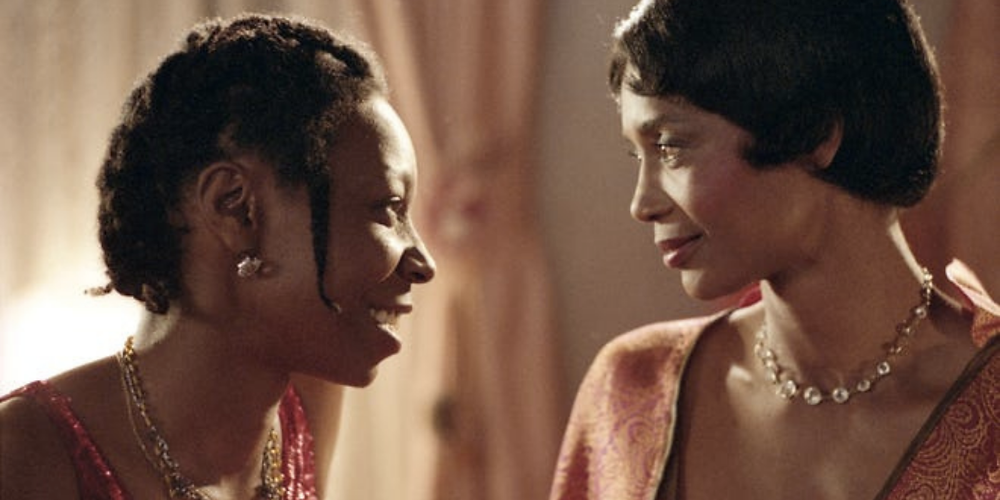
Alice Walker’s Pulitzer Prize-winning novel The Color Purple explores the various atrocities faced by African Americans in the country in the early 1900s. The novel closely follows Celie, a girl who is constantly abused by her father and is sent to live away from her family of sisters and children. The novel explores themes of racism, oppression, and trauma.
One of the most regarded aspects of the novel is the relationship between Celie and Shug Avery, a Jazz singer the former gets infatuated with. The relationship, which begins as a friendship then turns romantic. Many have appreciated the depiction of same-sex relationships in the novel. However, the 1985 adaptation was accused of stripping this away.
In his 1985 film, Steven Spielberg only depicted the relationship between Shug and Celie to be a close friendship, which was not what the novel intended. Spielberg admitted to watering down the novel and straying away from the depiction of this relationship (via EW).
There were certain things in the [lesbian] relationship between Shug Avery and Celie that were finely detailed in Alice’s book, that I didn’t feel could get a [PG-13] rating. And I was shy about it. In that sense, perhaps I was the wrong director to acquit some of the more s*xually honest encounters between Shug and Celie because I did soften those. I basically took something that was extremely erotic and very intentional, and I reduced it to a simple kiss. I got a lot of criticism for that.
However, the filmmaker also mentioned that Alice Walker was present on set during filming and mentioned that the author was supportive of his decisions. He also mentioned that he did “cop out” some of the more gruesome details in the book.
Both adaptations of The Color Purple are available to stream on Max.

